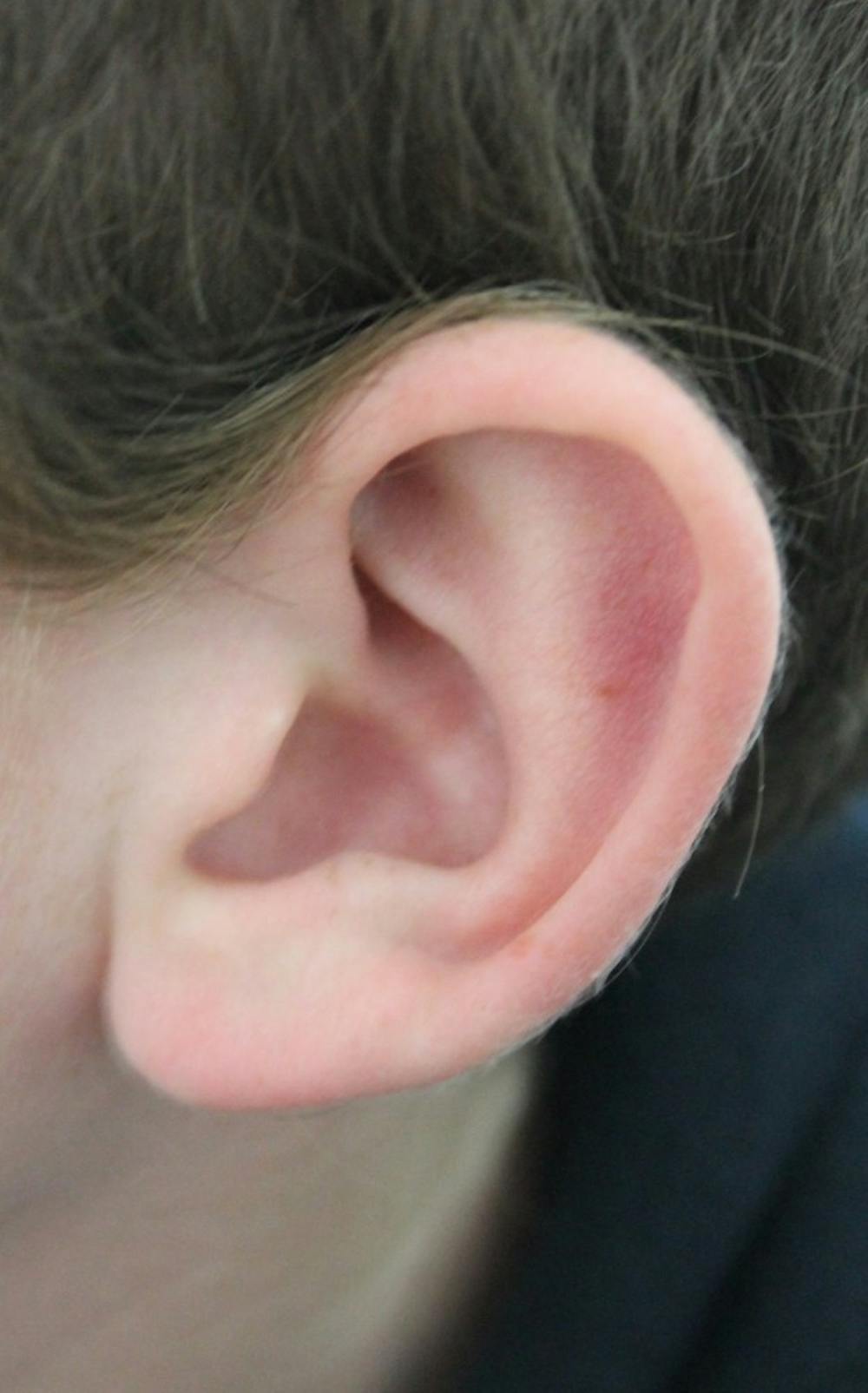According to the World Health Organization, over 446 million people suffer from hearing loss worldwide.
Cisplatin is a widely used chemotherapeutic agent used to treat patients with cancer, but one of the major side effects is irreversible hearing loss in up to 70 percent of patients who take the drug.
Currently, there is no FDA approved drug that protects against noise-induced, cisplatin-induced or age-related hearing loss.
However, a research team at Rockefeller University recently developed a drug that targets the similarities of noise-, cisplatin-induced and age-related cochlear (ear) cell death.
To develop this drug, the research team led by Jian Zuo tested 4,385 small molecules in the cochlear cell line to find 10 compounds that protected against cisplatin toxicity. Injecting kenpaullone into the middle ear of mice prevented against cisplatin-induced hearing loss.
Kenpaullone works by inhibiting another molecule, cyclin-dependent kinase 2 (CDK2). Furthermore, it was found that mice that were deficient in CDK2 have resistance to hearing loss.
By targeting both kenpaullone and CDK2, new therapeutic treatments can be created to prevent hearing loss.
Kenpaullone was considered by the researchers to be a new class of molecule, deemed “CDK2 inhibitors.” Besides preventing against cisplatin-induced hearing loss, it was found that kenpaullone also protects against loss of hearing due to loud noises, greater than 100 decibels.
“Given that 100-dB noise is in the range of noise insults commonly experienced by people in our society, kenpaullone could have significant clinical application in treating noise-induced hearing loss,” Zou said, according to ScienceDaily.
Zou said that the kenpaullone mechanism works by protecting hair cells by preventing a toxic oxygen species that is produced by CDK in the cell.
“The robust protection conferred by one-time local delivery of kenpaullone suggests that CDK2 inhibitors may transform the clinical prevention and treatment of cisplatin- and noise-induced hearing loss in patients,” Zou said. “Modifications of the treatment regimens, additional optimization of the delivery methods via the use of hydrogels, and structural modifications of the compounds via medicinal chemistry could ensure even better results with CDK2 inhibitors in treating hearing loss in humans.”
According to the research paper, kenpaullone will be further tested in other species, and the hope is that it will one day be tested in humans to stop inner ear cell death.
If the drug has the same effect on humans as it does on mice and rats, it has the potential to preserve people’s hearing and change the strategy of hearing loss prevention worldwide.
Zuo and his team are hopeful that the drug will work on human inner ear cells because just one injection of kenpaullone was powerful enough to protect mice and rats from hearing loss.
This study is important because it will allow cisplatin to be taken by cancer patients without any side effects.
Cisplatin targets testicular cancer, ovarian cancer, cervical cancer, breast cancer, bladder cancer, and head and neck cancer.
The cure rate for cisplatin has improved from 10 percent to 85 percent.
Kenpaullone might also have an effect on other less prevalent factors of hearing loss including infection, birth defects, exposure to noise and certain hormone replacement theories.
Although molecule kenpaullone has not been tested on its effect on these factors, the research team is eager to expand the uses of the potential drug to serve a variety of hearing loss factors.





